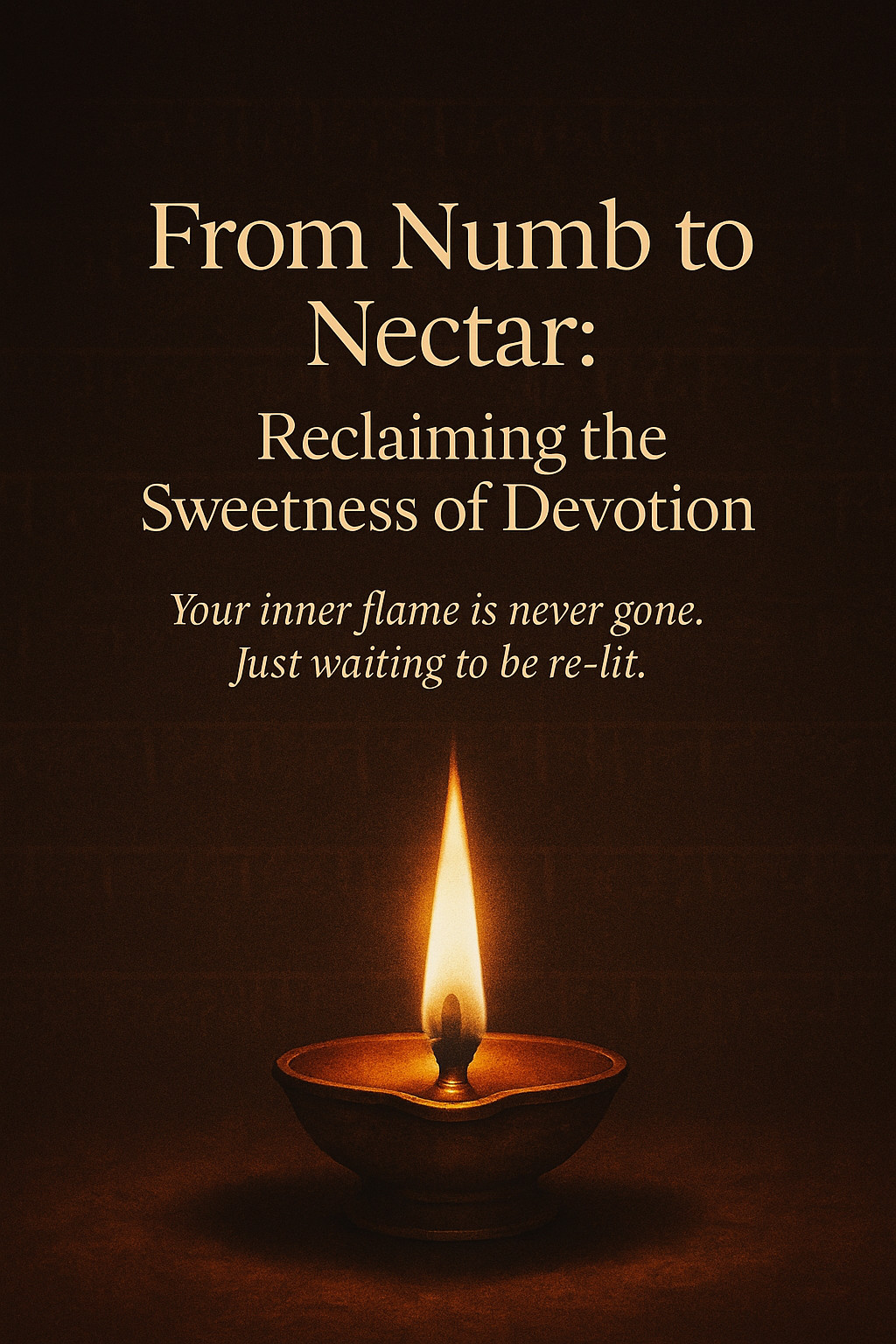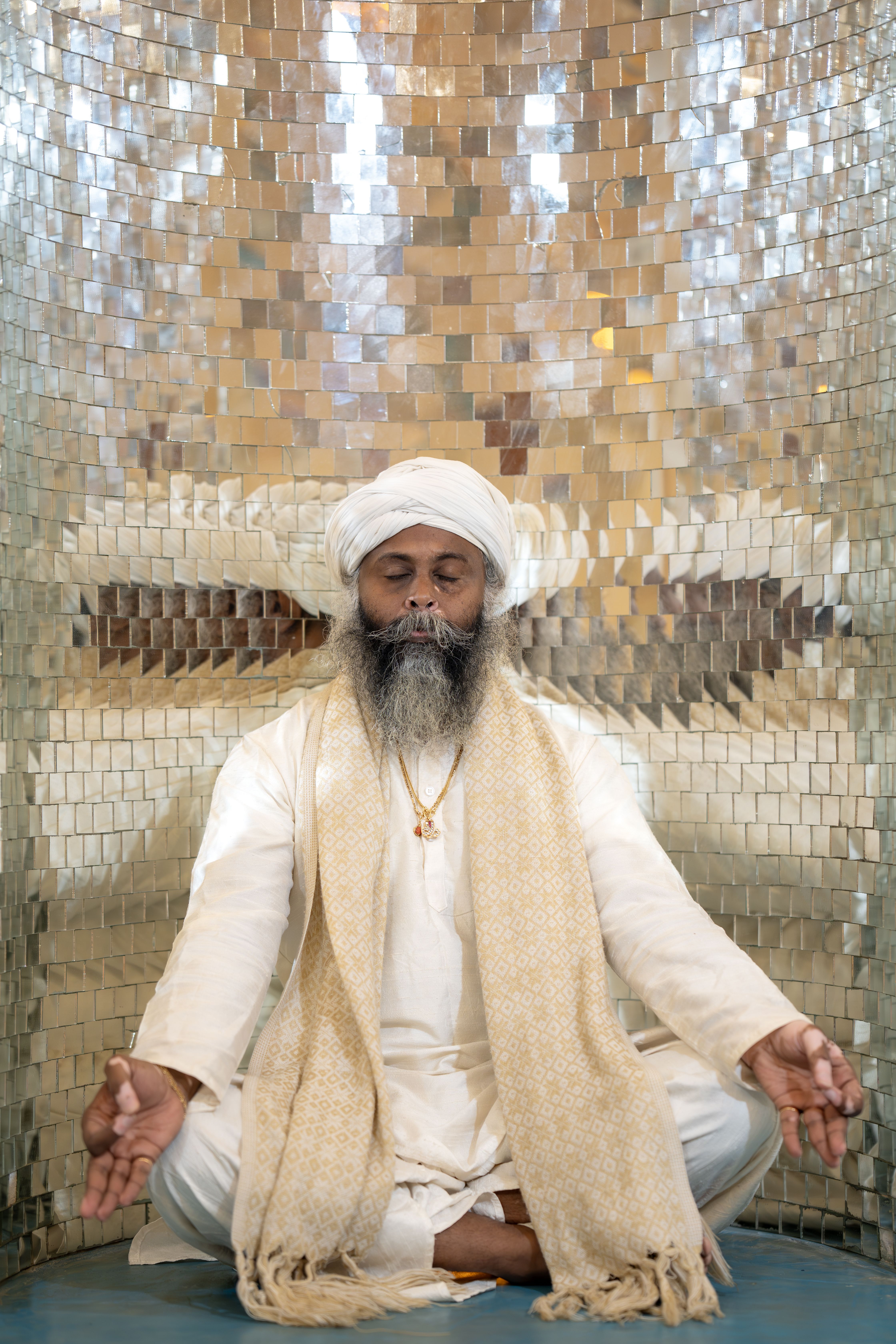Love is often described as the most powerful force in the universe—an experience that has the capacity to heal, uplift, and transform. Yet, love also carries vulnerability, uncertainty, and the potential for pain. For many of us, the fear of getting hurt, disappointed, or betrayed can lead to a protective instinct: to close ourselves off, to never allow love in. But in doing so, we don’t escape heartbreak; we deepen it. As counterintuitive as it may seem, rejecting love altogether—whatever form it takes—only serves to break our hearts even more.
### The Armor We Wear to Protect Ourselves
When we’ve been hurt in the past, it’s natural to want to protect ourselves from further pain. We build walls around our hearts, believing that if we don’t let anyone get too close, we won’t have to experience the sting of loss, rejection, or disappointment again. These walls often appear as emotional distance, cynicism about love, or even an aversion to vulnerability.
This armor can take many forms:
- **Refusing Intimacy**: Avoiding deep emotional connections because we fear getting hurt or abandoned.
- **Distrusting Love**: Believing that love is temporary or unreliable, so we keep people at arm's length.
- **Numbing Ourselves**: Engaging in distractions—work, entertainment, or superficial relationships—to avoid the vulnerability that comes with true connection.
At first, this armor might seem to work. We avoid the risk of being hurt by keeping people out. But in the long run, closing ourselves off from love also means closing ourselves off from joy, connection, and the fullness of life.
### The Heartbreak of Isolation
While keeping love at bay may seem like a form of self-preservation, it’s actually a form of self-imposed heartbreak. When we deny ourselves the chance to love and be loved, we miss out on the very experiences that bring meaning and richness to life. The quiet ache of loneliness, of feeling disconnected from others, is its own kind of suffering.
When we refuse to allow love in, we rob ourselves of the most profound experiences of the human condition:
- **Connection**: Love, in its many forms—romantic, platonic, familial—creates the bonds that give life purpose. Without love, we drift through life feeling disconnected and alone.
- **Growth**: Love challenges us to grow, to evolve, and to become more compassionate, understanding, and open. By keeping love out, we stunt our own personal development.
- **Joy**: Love brings moments of pure joy, whether in the form of shared laughter with friends, a warm embrace, or the simple comfort of knowing someone truly cares. To close off love is to miss out on the beauty of these moments.
The heartbreak of isolation is slow and quiet, but it cuts deep. We may not notice it at first, but over time, the absence of love creates an emptiness that no amount of distraction can fill.
### Love in Its Many Forms
Love doesn’t just come in the form of romantic relationships. It’s important to remember that love is all around us—in our friendships, in our families, in the communities we create. To never allow love in is not just about shutting down the possibility of romantic love; it’s about refusing to engage with the world in a meaningful, connected way.
- **Friendship**: Close friendships provide a deep sense of belonging and support. To never allow friends into our hearts is to deny ourselves companionship on life’s journey.
- **Family**: Whether by birth or by choice, family relationships can be a profound source of love and stability. When we close ourselves off to these bonds, we isolate ourselves from those who care most about us.
- **Self-Love**: Perhaps the most crucial form of love is the love we give to ourselves. When we reject love, we often also reject the idea that we are deserving of it. Learning to love and accept ourselves is the first step toward being open to love from others.
### The Courage to Love
Allowing love into our lives takes courage. It requires us to be vulnerable, to risk being hurt, and to trust in something we cannot control. But without that risk, we cannot experience the fullness of what it means to be human.
Loving someone or something—whether it’s a person, a passion, or a purpose—means embracing the possibility of loss or disappointment. But it also means embracing the possibility of deep joy, connection, and fulfillment. By opening our hearts, we make room for the beauty and wonder of love to enrich our lives in ways we could never imagine.
### The Healing Power of Love
What’s often misunderstood is that love itself is not what breaks us; it’s the absence of it. Love, even in its imperfect forms, has the power to heal. When we allow love into our lives, we give ourselves the chance to be supported, understood, and seen. Love doesn’t prevent pain, but it helps us bear it. It gives us the strength to overcome heartbreak, loss, and life’s inevitable challenges.
To never allow love in is to deny ourselves the opportunity for healing and growth. By staying open to love, even after we’ve been hurt, we allow ourselves to be restored.
### Conclusion: Embrace Love, Embrace Life
In closing ourselves off from love, we may believe we are protecting ourselves from heartbreak, but we are actually deepening the pain of disconnection. Love, in all its forms, is what gives life its meaning. To refuse love is to refuse the very thing that makes us whole.
So, take the risk. Open your heart. Allow love in, whether it’s the love of a friend, a partner, a family member, or yourself. Yes, there may be moments of pain, but there will also be moments of joy, growth, and connection that far outweigh the fear. To love is to live fully, and to live fully is to embrace love in all its beautiful, messy, and transformative forms.


0 Comments